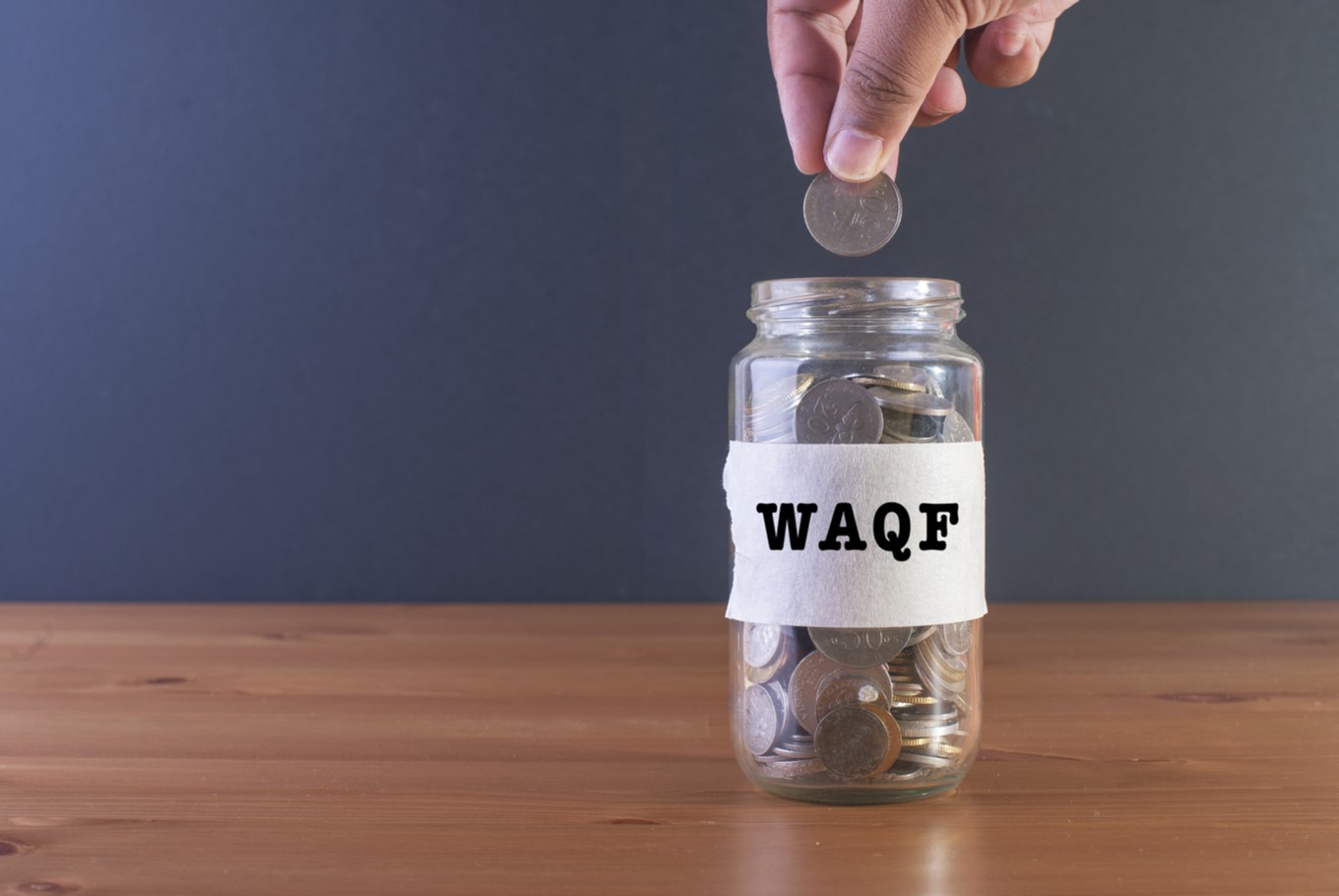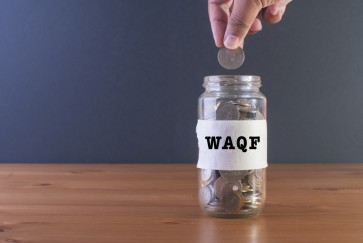Popular Reads
Top Results
Can't find what you're looking for?
View all search resultsPopular Reads
Top Results
Can't find what you're looking for?
View all search resultsCorrect inaccuracies on waqf in sharia economy
The master plan on waqf is hindered by at least three major issues: a lack of data accuracy, lack of coordination between stakeholders and lack of a clear direction in moving forward.
Change text size
Gift Premium Articles
to Anyone
T
he 2019-2024 Indonesian Sharia Economy Master Plan (MEKSI) was launched on May 14 by President Joko “Jokowi” Widodo. The final goal of this master plan is to transform Indonesia into a major player in the sharia economy. This will be achieved by implementing four main strategies such as empowering Indonesia’s halal value chain, strengthening the sharia financial sector, enhancing the role of micro, small and medium enterprises and utilizing and empowering the digital economy.
National Development Planning Minister Bambang Brodjonegoro in his opening remarks said in preparing the master plan, the government had coordinated with regulators at ministerial and institutional levels and had received many inputs from practitioners in the industrial sectors, academia, associations and other stakeholders.
We can thus assume the master plan is of the highest quality. However, a review of the zakah and waqf cluster in the document reveals that the master plan on waqf is hindered by at least three major issues: a lack of data accuracy, lack of coordination between stakeholders and lack of a clear direction in moving forward.
The lack of data accuracy is obvious. The total areas of waqf land nationwide, according to the MEKSI document, are 4.2 million hectares; while as of March 2016 the Indonesian Waqf Board (BWI) mentions that the areas are 435,944 ha. It could be a typo or miscalculation. But, it should not happen in such a strategic document.
Data discrepancy also lies in the estimated market value of registered land in Indonesia. A figure of Rp 800 trillion (US$55 billion) was mentioned by Bambang in 2016 during an Islamic Development Bank (IDB) meeting in Jakarta. A similar estimation was also given by the IDB’s Azmi Omar, a former leader of the Islamic Research and Training Institute in Kuala Lumpur. Surprisingly, the master plan cites a much lower figure at Rp 180 trillion. We wonder whether there was a lack of coordination in the preparation of the document with the minister.
Second, a clear lack of coordination with relevant stakeholders is shown through the quick wins target in the waqf cluster. It was stated that one immediate target was the drafting and implementing of waqf accounting standards. As of 2018, the document stated, there was no waqf accounting standard in Indonesia.
Hence, the master plan wants to expedite this.


















